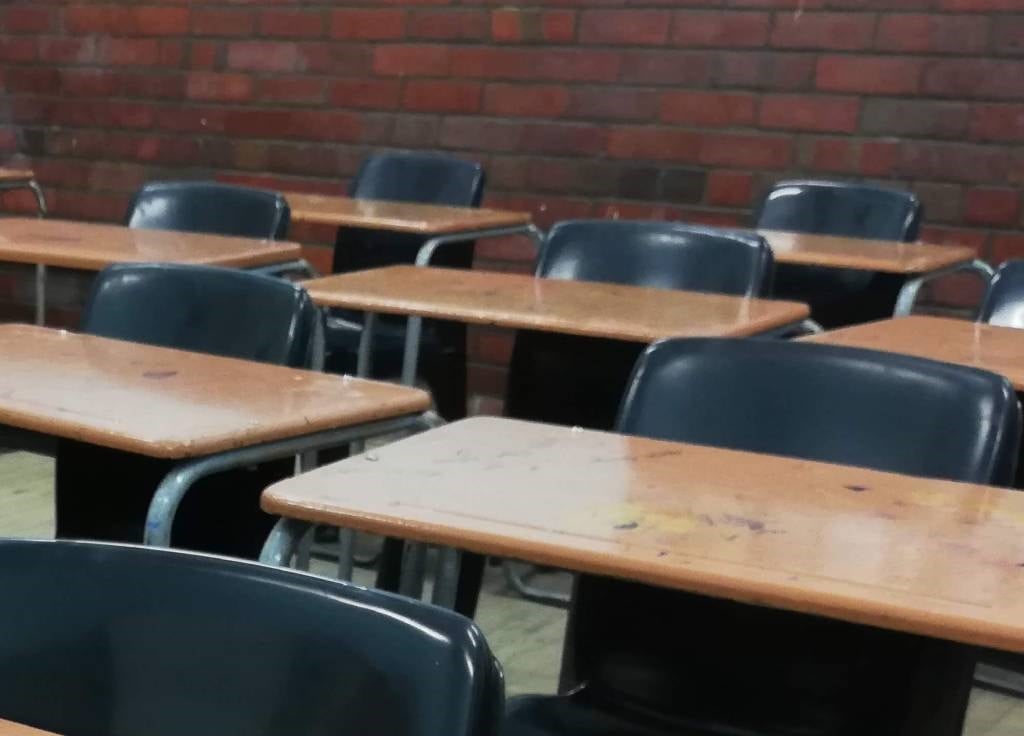
If our future teachers are taught how to creatively and compassionately deal with the challenges of an unequal schooling system, we may be in a better position to undo the damages caused by the pandemic, writes Rahima Essop, Pumza Ndamase and Sven Glietenberg.
More than a year after the first known case of Covid-19 set in motion a raft of lockdown restrictions, social science researchers have released new data about the impact of disrupted schooling on children.
The findings confirm what many warned would happen — early grade reading among primary school children in lower quintile schools has suffered a significant setback. So severe is the impact, it could take up to a decade or more to undo; some learners may never fully recover and are at risk of dropping out in high school. To help them keep their grip on schooling in these trying times, we need an accelerated learning strategy attuned to the diverse needs of learners and educators who are equipped for the challenge.
According to the results of Wave 4 of the NIDS-CRAM survey, in 2020 primary school children learnt roughly a quarter of what they could have learnt for Home Language, and roughly half of what they could have learnt for English as First Additional Language, based on assessments of their reading outcomes.
School dropout
Learning losses are a reversal of academic progress, so these learners are at risk of not reading for meaning or transitioning to reading independently. Children who miss these developmental milestones may struggle to grasp concepts and extract meaning from texts in later grades. No matter how many years they spend in school, they may never truly have a chance to catch up on the losses they experienced due to the Covid-19 pandemic. After years of struggle, these learners may drop out of school, compounding the alarming rates of pupil dropout and youth unemployment in our country.
But even before the pandemic, eight out of ten Grade 4 learners could not read for meaning in any language. The consequences of this national failure begin to be acutely felt at the Intermediate phase (Grades 4-6) of our schooling system, where learners who lack the requisite foundational skills to read and write adequately in English struggle to keep up with the curriculum.
Without the foundational reading skills to grasp the curriculum, many learners become disengaged and drop out before completing matric. Those that make it to their final three years of schooling have often endured years of difficulty trying to keep up with their peers, and many would have repeated at least one Grade. Once they reach high school, the number of learners repeating grades more than doubles. But high repetition leads to learners becoming over-aged for their class and increases their vulnerability to dropout.
READ | Analysis: Covid-19 has had a profound impact on young people
Like those experienced in 2020, learning losses also produce stark achievement differences among children in the same grade, resulting in increased heterogeneity. When teachers have significantly heterogeneous classrooms, it's difficult for them to meet the instructional needs of all their learners. This is nothing new for our country's educators. Even before the pandemic, teachers were torn between helping learners to catch up with their peers and adhering to the prescriptions of the curriculum.
Luckily, there is a novel approach that seeks to empower educators with the skills and know-how to respond to learners' needs in challenging socio-economic contexts. It's gaining traction in developing countries to address deficits in basic reading and mathematics skills. Pioneered by Indian NGO Pratham, Teaching at The Right Level (or TaRL) is an evidence-based approach that focuses on a child's learning needs rather than their age or grade. Instead of focusing solely on the curriculum, this methodology dedicates time to helping learners understand the basic skills and key concepts they missed in early grades. By strengthening a pupil's foundational skills, their learning is accelerated.
Training
There are different operating models for implementing the TaRL approach; one could train public school teachers to respond to the diverse needs of their learners or train community volunteers to run after-school programmes. In South Africa, the Reading for Meaning accelerated learning programme – which is part of the Zero Dropout Campaign – uses the TaRL methodology to facilitate after-school sessions with Grade 5 learners in low-resource communities in the Eastern Cape, Western Cape and KwaZulu-Natal. Community volunteers, known as Reader Leaders, are trained to help learners improve their reading acumen. In these sessions, Reader Leaders provide a safe and nurturing environment for learners to engage with stories and educational activities that spark critical thinking and curiosity.
READ | Opinion: Disruptions to schooling are not new but our response must be
When educators adapt their approach to suit learners' needs and capabilities, they are helping to shape a child's overall experience of school, one that is free from struggle and shame. Considering the crucial role that educators play in creating a positive schooling experience, institutions of higher learning must instill in our future educators the value of a learner-centred approach and equip them with the practical skills to implement this approach. It is an approach founded on the simple yet powerful notion from the science of learning that we build new knowledge on prior knowledge.
Thus, educators need to have a clear picture of the level which their learners are at, and to work from there. They should be taught how to deal with the complexities of heterogeneous classrooms and the value of being open and adaptable to learners' assets, needs and circumstances. If our future teachers are taught how to creatively and compassionately deal with the challenges of an unequal schooling system, we may be in a better position to undo the damages caused by the pandemic.
- Rahima Essop is the Head of Communications and Advocacy at the Zero Dropout Campaign; Sven Glietenberg is an Assistant Lecturer in the Department of Childhood Education at the University of Johannesburg; and Pumza Ndamase is the Project Lead for Reading for Meaning.
Disclaimer: News24 encourages freedom of speech and the expression of diverse views. The views of columnists published on News24 are therefore their own and do not necessarily represent the views of News24




 Publications
Publications
 Partners
Partners























